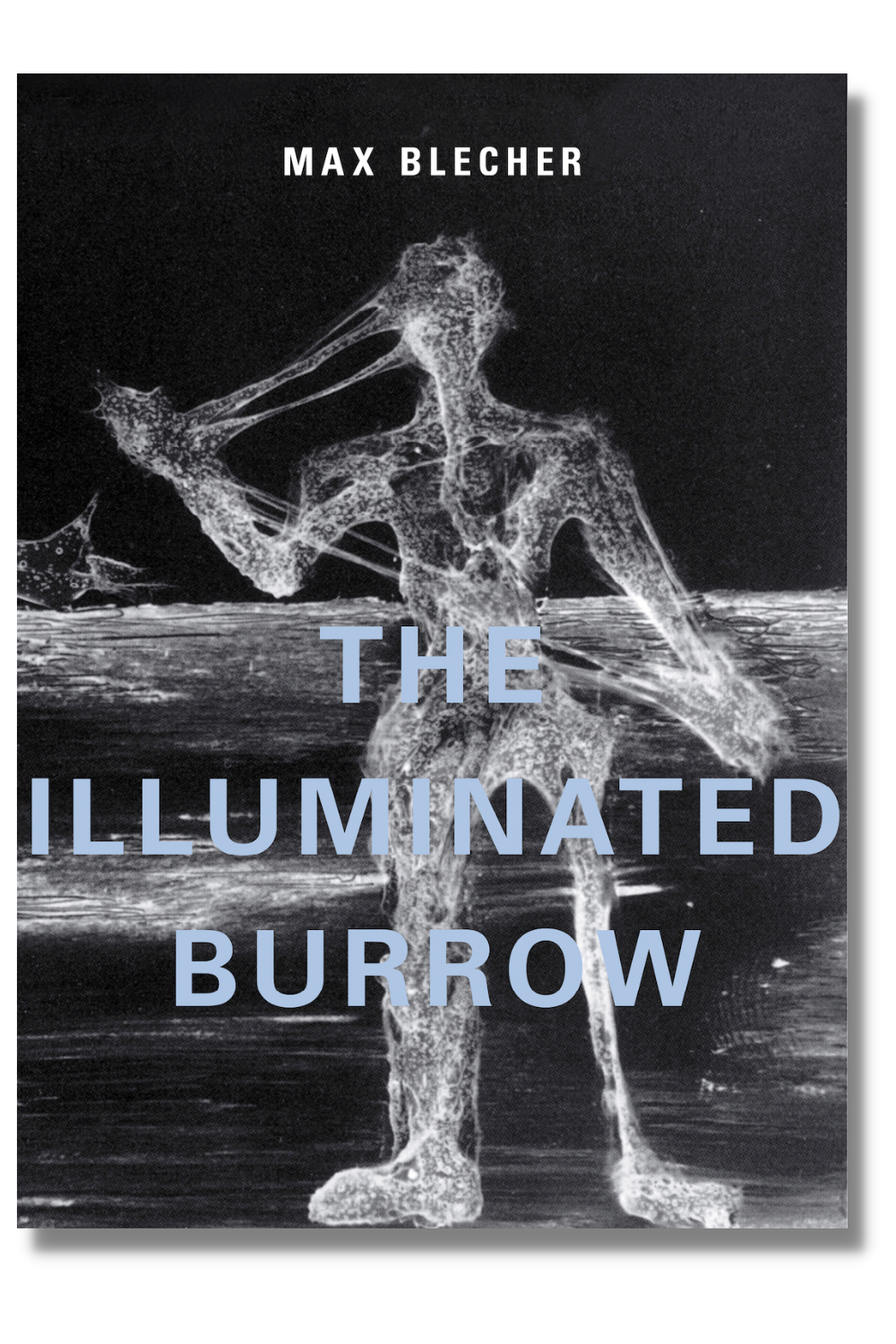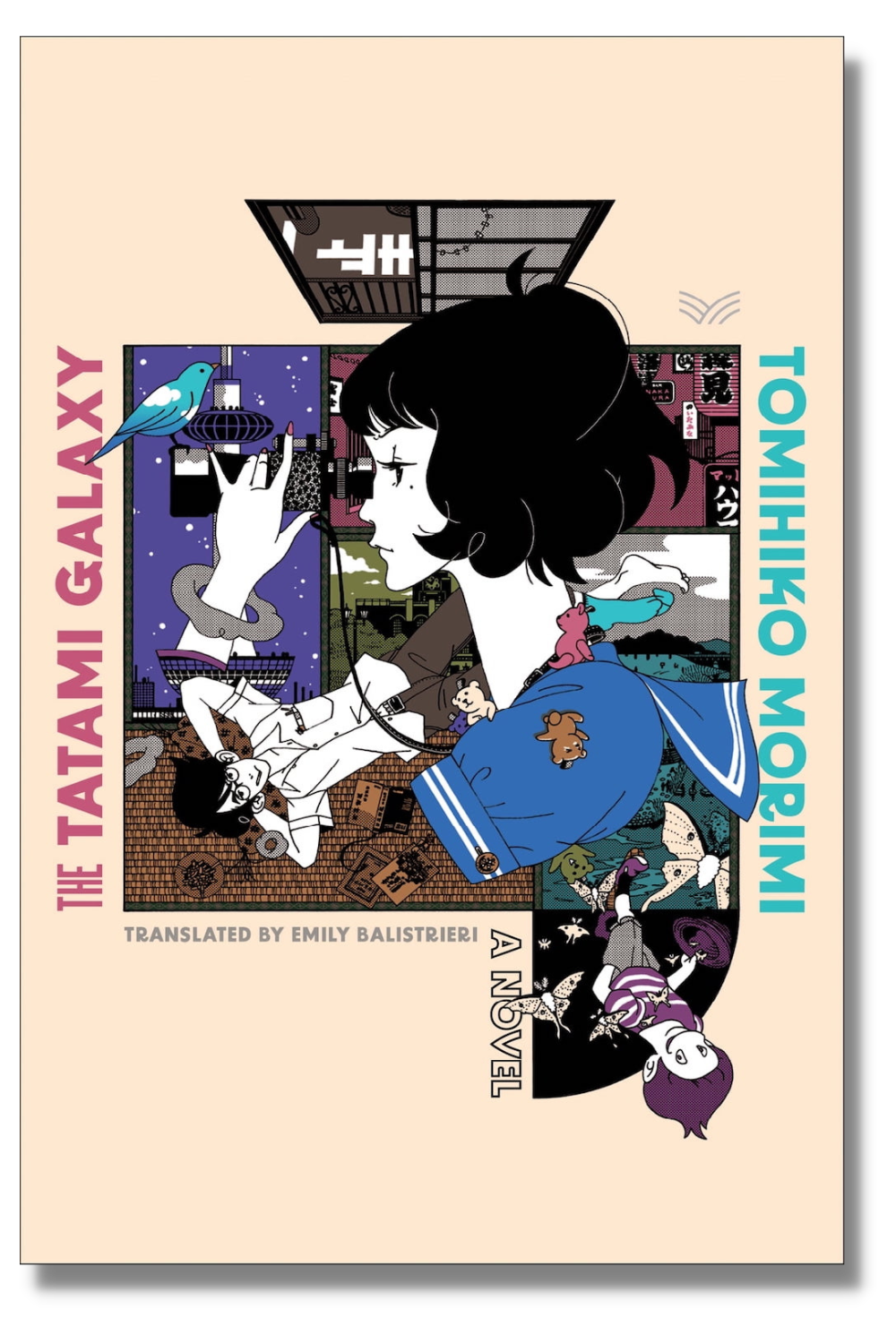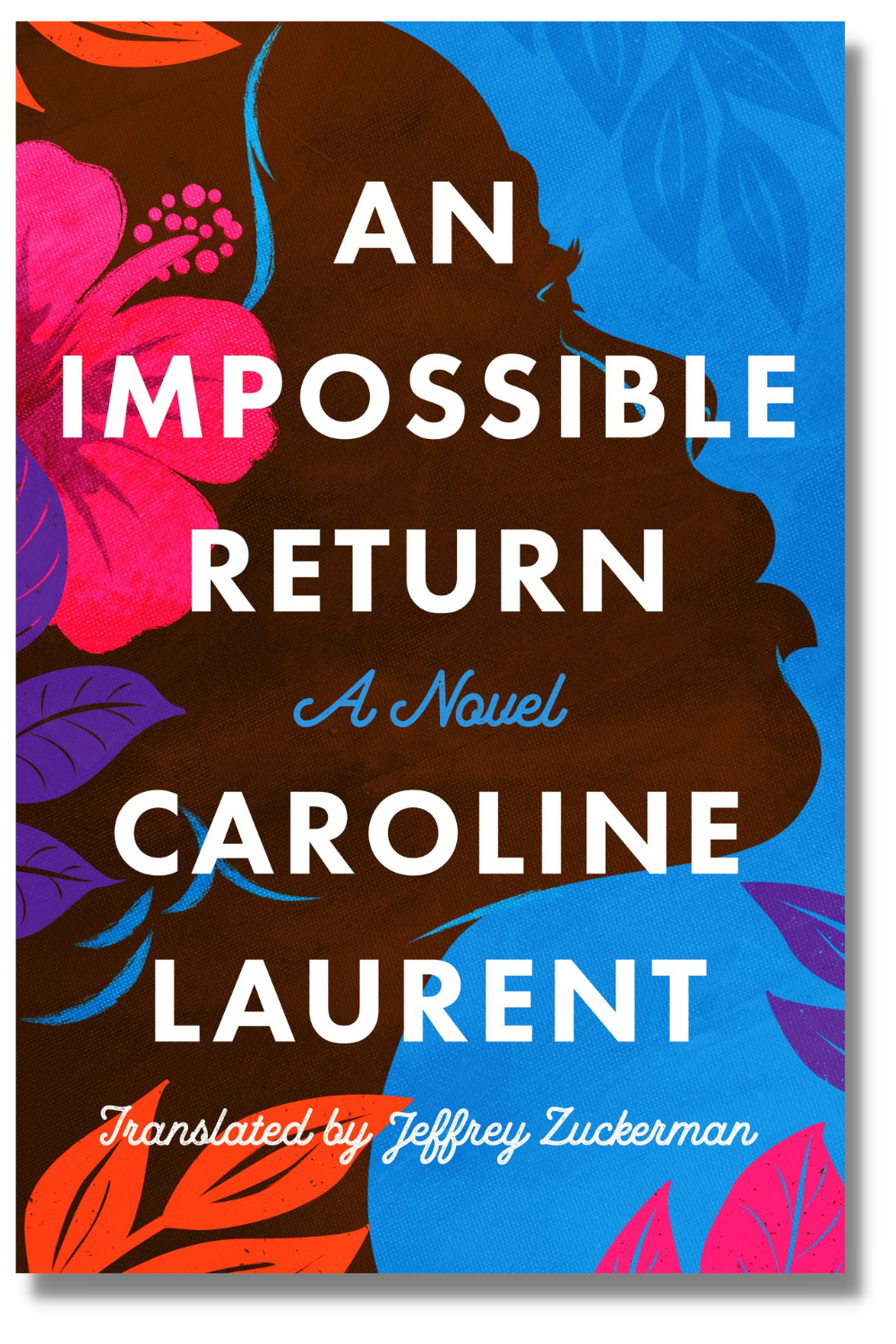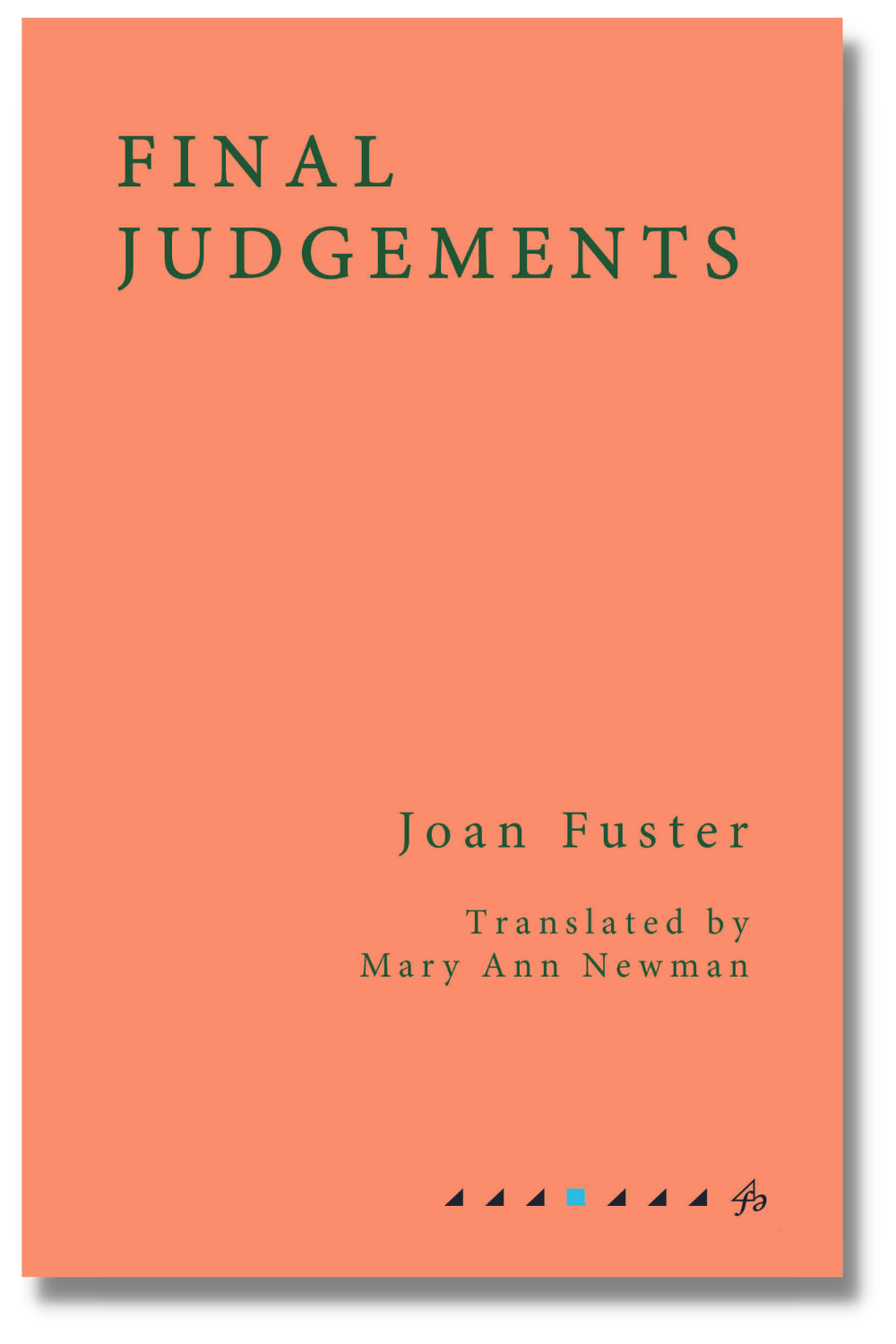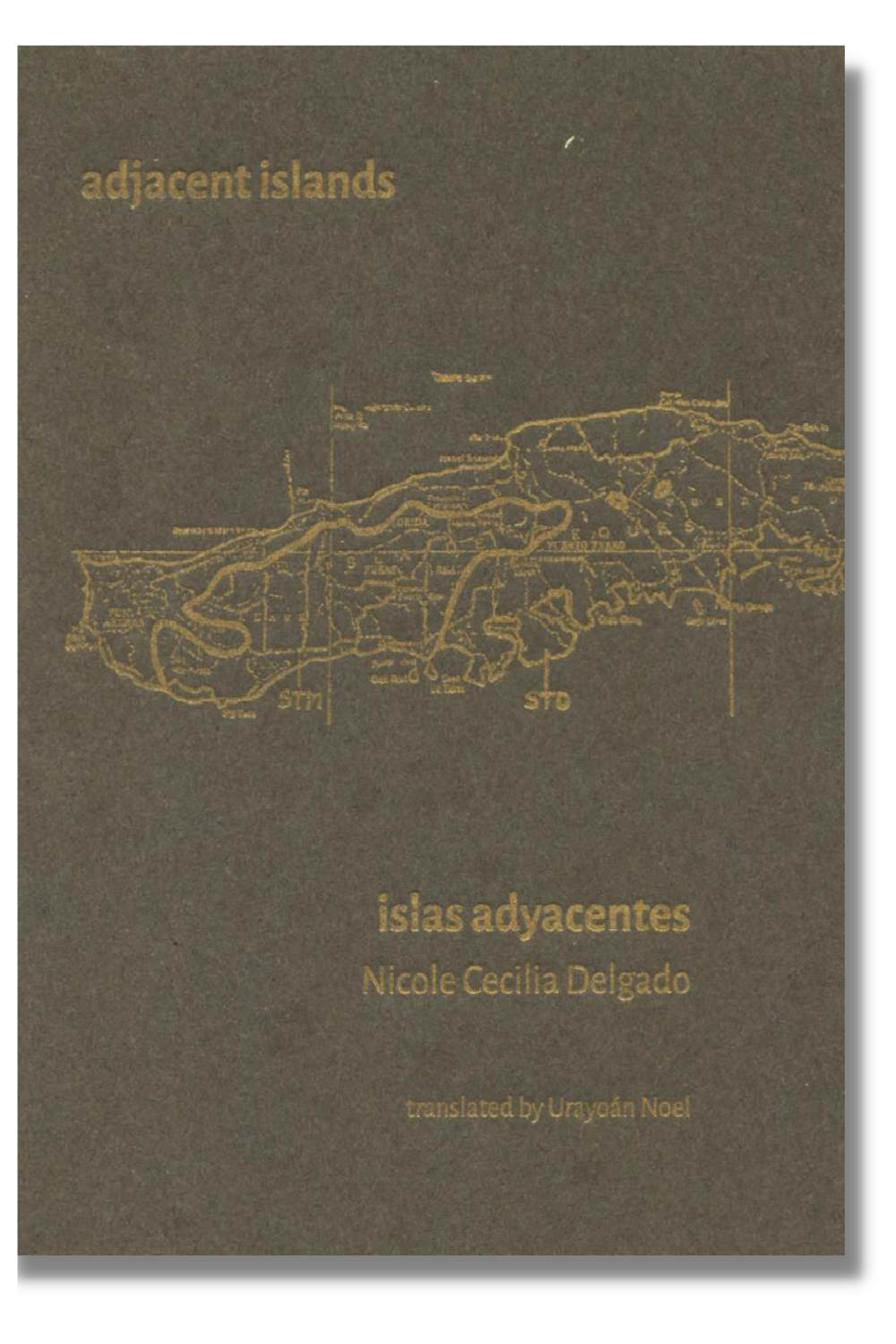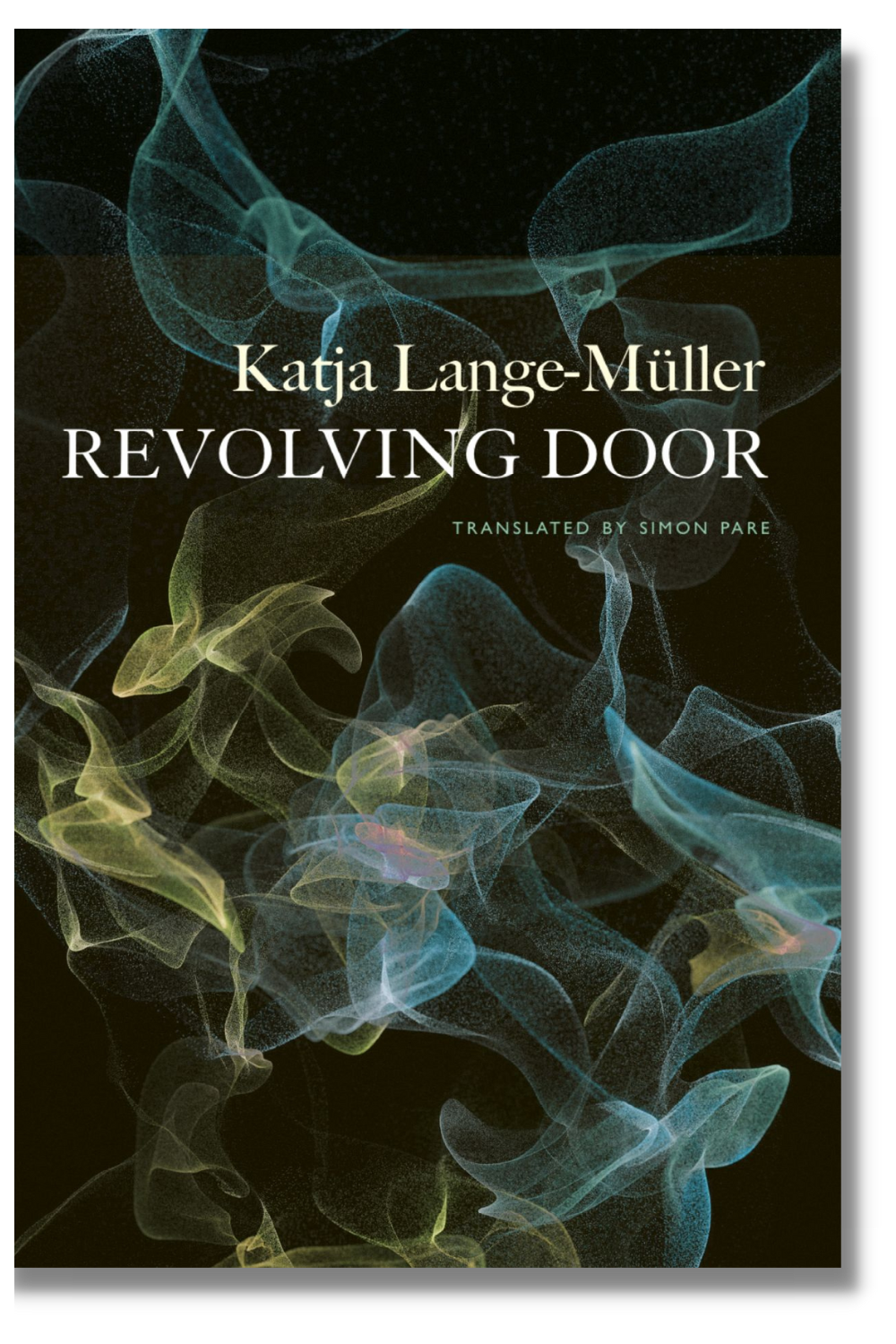From Twisted Spoon Press | The Illuminated Burrow by Max Blecher, translated from the Romanian by Gabi Reigh | Autofiction | 166 pages | ISBN 9788086264585 | US$23.00
What the publisher says: “It was the final ‘novel’ in what can be called a trilogy that includes Adventures in Immediate Irreality and Scarred Hearts, and like those, its imaginative distortion of real experiences is reminiscent of Bruno Schulz as well as the Surrealist autofiction of André Breton and Michel Leiris.”
What the Complete Review says: “It’s the style and approach that allow The Lighted Burrow to transcend the traditional (terminal-)illness novel, making for a work that ranges—especially in its interiority—far wider.”
What I say: There’s something unsettling about reading a work of autobiographical fiction in which the author traces the arc of their own waning health. But Blecher’s work is more complex than that description makes it sound: imagine a Venn diagram charting the overlap between Pessoa and Kafka and you might have a sense of where to start. And some of the prose, in Reigh’s translation, is stunning: “The essence of reality is, after all, a farrago of random details without meaning or significance.”
(Note: Sublunary Editions published a translation of the same work earlier this year: The Lighted Burrow, translated by Christina Tudor-Sideri.)
From HarperVia | The Tatami Galaxy by Tomihiko Morimi, translated from the Japanese by Emily Balistrieri | Fiction | 352 pages | ISBN 9780063158443 | US$26.99
What the publisher says: “An unfulfilled college student hurtles through four parallel realities to explore the what-might’ve-been and the what-should-never-be in this Groundhog Day meets The Midnight Library–esque novel from one of Japan’s most popular authors.”
What Publishers Weekly says: “ . . . over four sections in which the student chooses a different activity, he stumbles, à la Groundhog Day, through the same circumstances over and over. He develops a love-hate relationship with the devilish Ozu, has his fortune told by an old woman in the nightlife district, and one way or another falls in love with the intellectual yet beautiful Akashi.”
What I say: Who can deny the pleasures of a good time-loop narrative? The Tatami Galaxy certainly falls into this category, though the deliberateness of its plotting can make the repetition of certain elements feel overwhelming at times. Thankfully, there’s a memorable payoff to several ongoing threads when the novel reaches its climax; you also may never look at moths the same way again.
From Amazon Crossing | An Impossible Return by Caroline Laurent, translated from the French by Jeffrey Zuckerman | Fiction | 368 pages | ISBN 9781542035019 | US$24.95
What the publisher says: “Inspired by a shocking travesty of justice, the repercussions of which still reverberate more than fifty years later, bestselling Franco-Mauritian author Caroline Laurent paints a shimmering portrait of island life, a sensual paradise lost, and a gorgeous star-crossed love against all odds.”
What Publishers Weekly says: “Franco-Mauritian writer Laurent, in her potent English-language debut, overlays a tragic love story onto a powerful account of historical injustice in the Chagos Archipelago. . . . The many moments of gruesome colonial brutality are undercut by the Chagossians’ tenderness, courage, and simmering rage in response to incalculable loss.”
What I say: An Impossible Return draws its inspiration from the decades-long struggle of the Chagossians to regain control of the land that the United Kingdom’s government seized from them. The result is a haunting story of injustice and the pernicious effects of colonialism. Laurent also makes deft use of some memorable structural elements throughout the novel, with a few revelations that resonate across the years.
From Fum d’Estampa | Final Judgements by Joan Fuster, translated from the Catalan by Mary Ann Newman | Nonfiction | 200 pages | ISBN 9781913744359 | US$19.95
What the publisher says: “Using the aphoristic tradition, less to establish truths than to undermine them, Joan Fuster questions the conceits contained in conventional wisdom. Final Judgements is a book of aphorisms that reveal moral and philosophical truths that are relevant to the universal human experience.”
What Lunate says: “Fuster’s intellectual position is that certainty is rare and temporary, and the only given is that all is provisional. But while this could produce despair (he refers to Kafka in such tones, by contrast), Fuster’s observations surf the philosophical abyss, choosing an attitude of pragmatism and sensuality instead—and evident devotion to literature.”
What I say: Classifying this book of aphorisms, or finding an appropriate point of comparison, is nearly impossible. I’ll just say that it serves as an often funny and frequently insightful collection of writing, while also chronicling its author’s preoccupations, for good and for ill. And sometimes Fuster’s comments sting: “Don’t ask for your best friend’s understanding. At most he will feel sorry for you, just like everyone else.”
From Ugly Duckling Presse | Adjacent Islands by Nicole Cecilia Delgado, translated from the Spanish by Urayoán Noel | Poetry | 66 pages | ISBN 9781946604187 | US$18.00
What the publisher says: “Challenging the insularist logic that has historically defined Puerto Rican national imaginaries, on these adjacent islands, people and nature connect in unexpected ways, as Delgado documents the art of survival under military occupation, extractivism, and the surveillance state.”
What I say: Sometimes the language in these poems is stark, while at others it’s languorous and expressive. Meticulously designed, this is the rare book that makes use of its bilingual nature in visually striking ways. It’s a thoroughly experiential work that seems to channel some of the processes by which it was written.
From Seagull Books | Revolving Door by Katja Lange-Müller, translated from the German by Simon Pare | Fiction | 146 pages | ISBN 9781803090689 | US$21.00
What the publisher says: “Katja Lange-Müller’s works have been critically acclaimed for their dark humor and affectionate, nuanced portrayals of characters wrestling with knotty situations and relationships. Revolving Door marks a fitting English debut of this most idiosyncratic of narrative voices.”
What New Books in German says: “Asta Arnold has arrived back in her native land, but she has never felt quite as out of place as she does at this moment. She has spent over two decades working as a nurse in far-flung places across the globe, only to be somewhat unceremoniously pushed into quasi-retirement. After all these years, Asta has nothing and no one to come home to.”
What I say: There’s a point a little less than halfway through Revolving Door when the novel’s narrator pauses the action and asks the reader to consider the reality of what they’ve just read: “Does, or did, Tamara Schröder even exist? Definitely? Probably? Maybe?” Unreliable narrators are one thing, but narrators calling out characters for being unreliable is something very different; it’s also a quality that makes this an unpredictable and ethically charged read.
Copyright © 2022 Tobias Carroll. All rights reserved.
Looking for more reading suggestions? Check out Tobias Carroll’s recommendations from last month.
Disclosure: Words Without Borders is an affiliate of Bookshop.org and will earn a commission if you use the links above to make a purchase.









